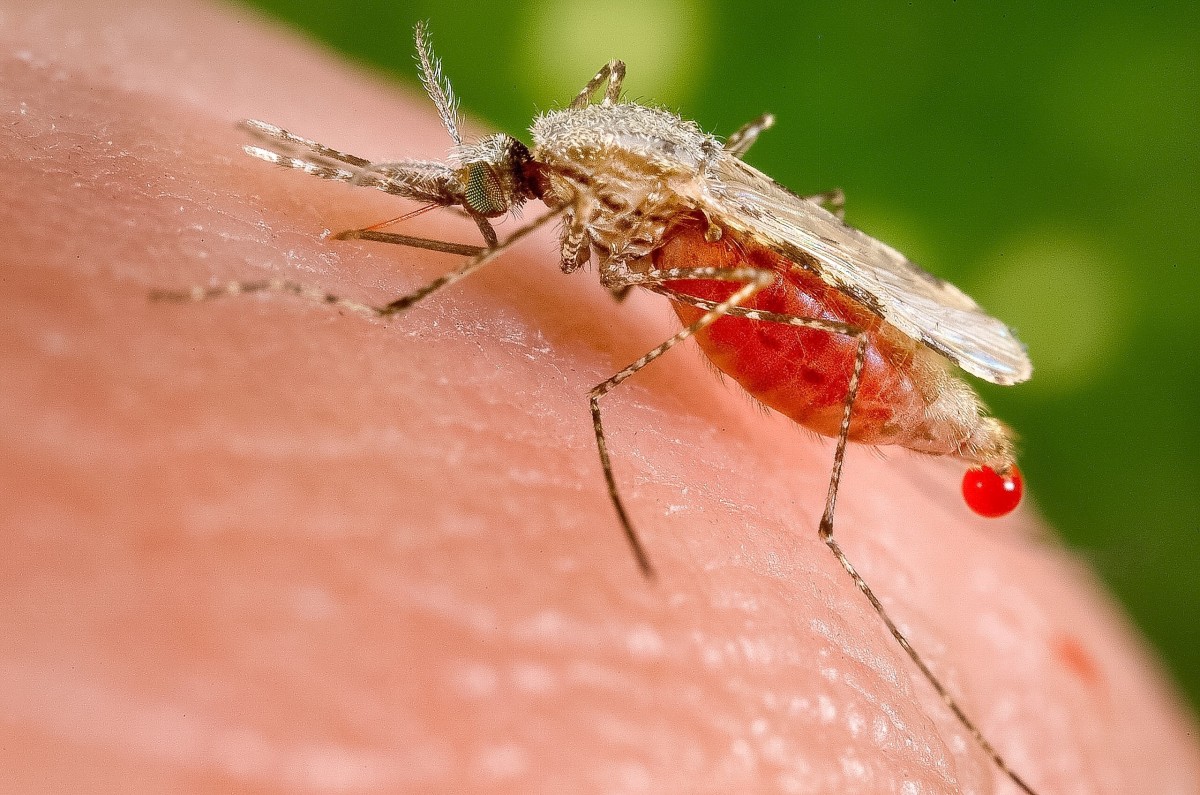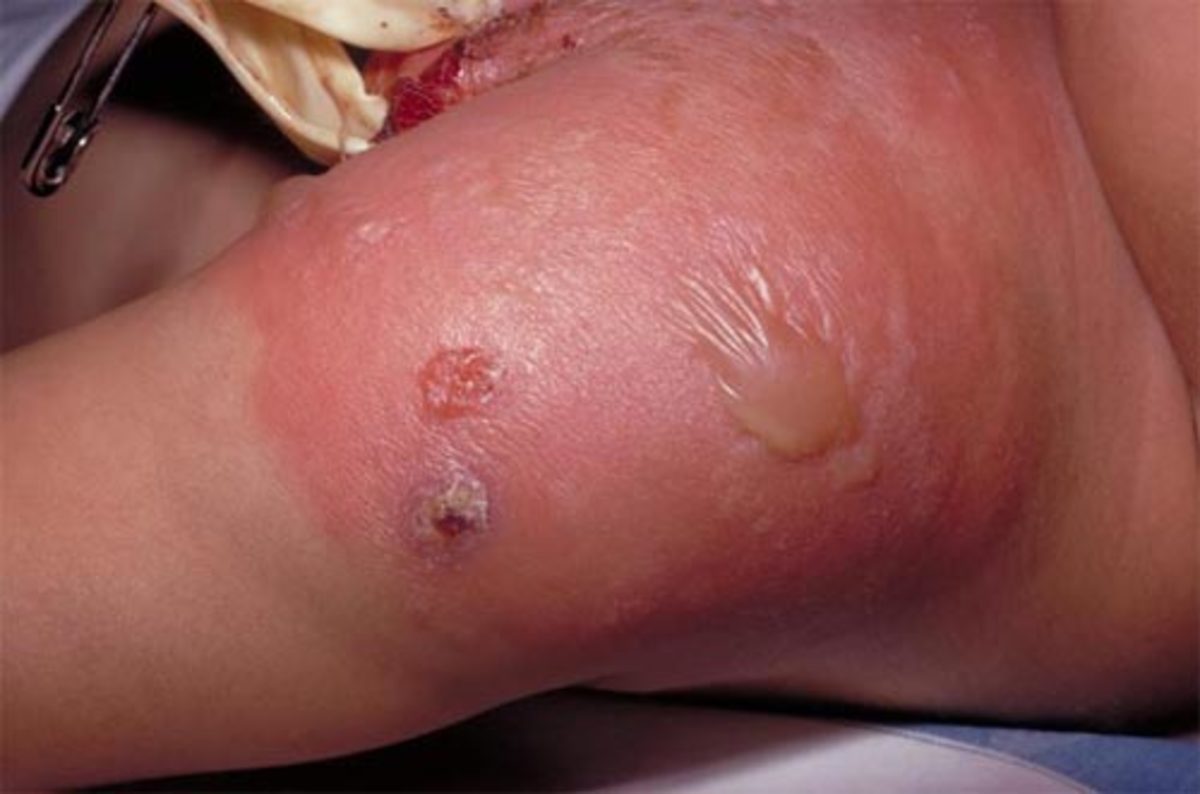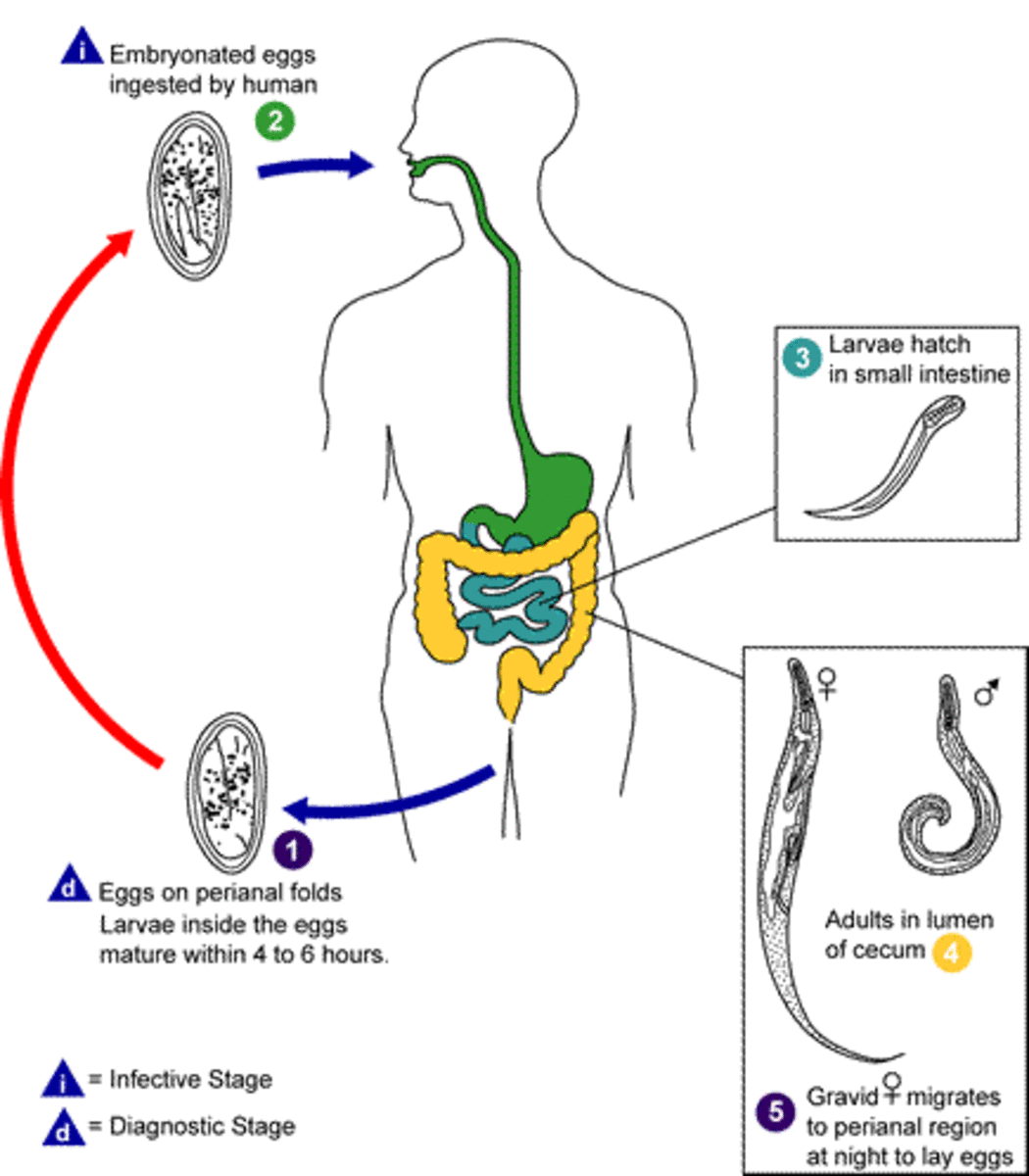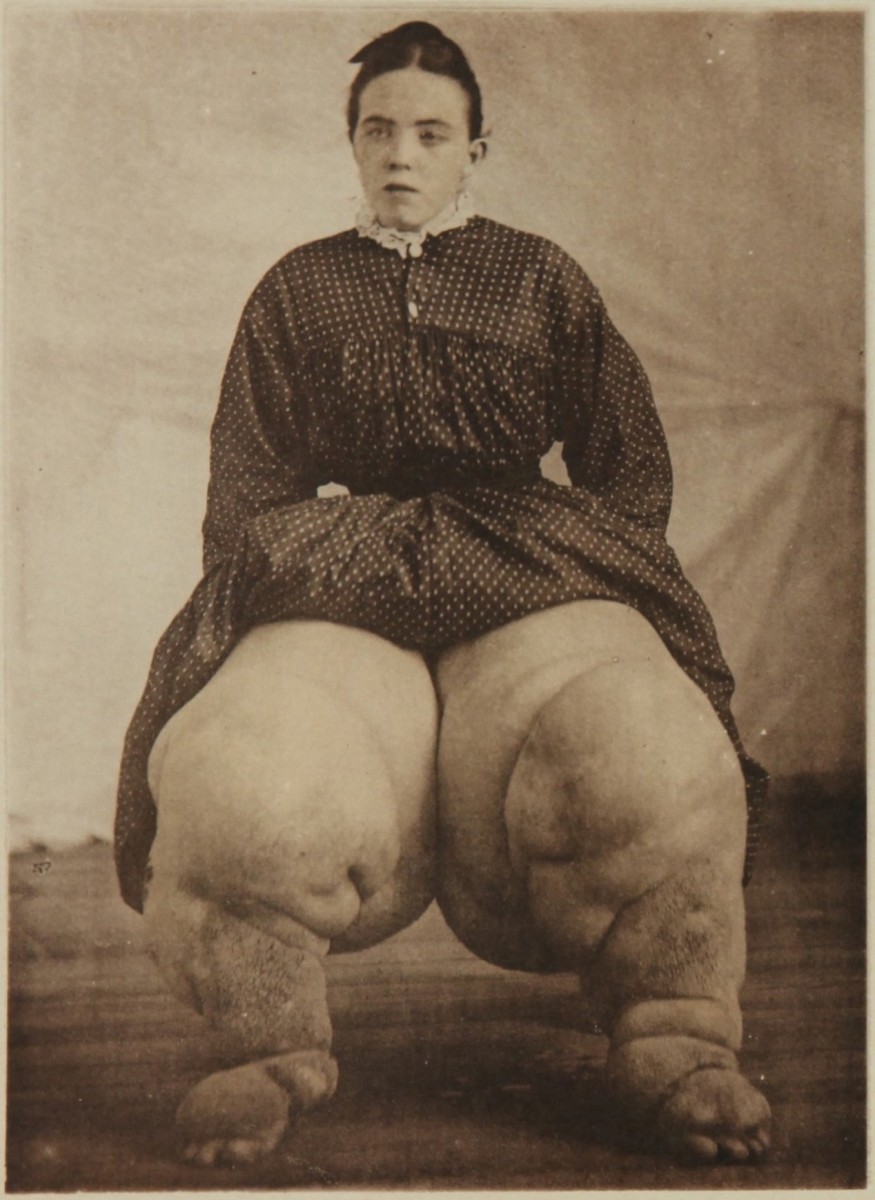The clinical Significance Of The Treatment Of Chloroquine-Resistant Cases
The drug of choice is quinine sulphate
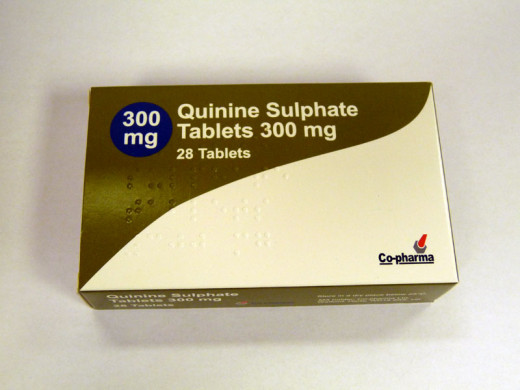
Drug Of Choice
The drug of choice is quinine sulphate 650 mg, given thrice a day orally for 2 days followed by a single dose of sulfodoxine 1.5g combined with pyrimethamine, 75 mg (3 tabs of Fansidar). Other regimen useful in the treatment of resistant P. falciparum malaria are:
- Quinine sulphate 650 mg tds for 7 to 14 days;
- Fansidar or Metakelfin, 2 to 3 tabs as a single dose;
- Quinine 650 mg thrice daily for 7 to 14 days + tetracycline 250 mg four times daily for 7 to 10 days; and
- Mefloquinine 3 tablets (1.5g) as a single dose.
Eradication of infection: In the case of P.Vivax, P.Malariae and P. Ovale, exo-erythrocytic cycle is responsible for the late relapse. This phase can be eradicated by 8-aminoquinolone durgs. Primaquine is given I a dose of 15mg (2 tab) daily for 14 days. This drug is started along with chloroquine and continued till the course is over. Shorter courses of primaquine are usually inadequate. This drug produces methemoglobinemia and hemolysis in G-6-PD deficient individuals. Primaquine should not be used in G-6-PD-deficient individuals. Chloroquine should be given carefully under close hemolysis.
In addition to its effect on the exo-erythrocytic stage, primaquine also destroys the gametocytes in the patient’s blood and thereby limits transmission. The NMEP advocates the use of primaquine for all species of plasmodia including P.falciparum in view of its gametocidal effect.
Malaria and pregnancy: Malarial attacks worsen during pregnancy. During therapy, is generally safe, but intravenous quinine may cause abortion.
A Malaria Patient Receiving Treatment
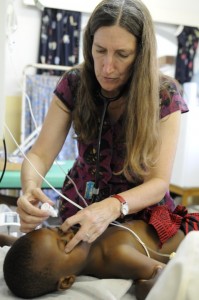
Treatment Of Pernicious Forms Of Malaria
These are medical emergencies and the drugs have to be given parenterally. Supportive measures are also equally important to sustain life till the parasitemia is cleared. Chloroquine hydrochloride is suitable for intravenous infusion and the dose is 5 mg/Kg thrice a day. Intramuscular injection can be given, but local reactions may be severe. Convulsions may follow parenteral use of the drug.
Quinine hydrochloride is available for intravenous use in a dose of 10 mg/Kg body weight. It is given slowly over a period of 20 minutes and repeated 8 hourly till the patient improves. Thereafter, oral medication is continued. The infusion of quinine has to be slow to avoid hypotension and shock. Cerebral dexamethasone and hyperosmotic solutions. Low molecular weight dextran infusion helps in reducing the tendency for sludging.
Treatment Of Blackwater Fever

Black Water Fever (BWF)
Treatment consists of absolute rest in bed and measures required to prevent acute oliguric renal failure. In established renal failure dialysis is indicated. Dexamethasone has been used empirically, Antimalarial drugs are indicated if parasitemia is demonstrable. A drug which has not precipitated the attack should be used.
Management of chronic malaria includes attention of intercurrent illness, parasitism and nutritional problems. Repeated courses of antimalarials may help in eradicating the infection, if further infection can be prevented.
Drug Prophylaxis Of Plasmodium Falciparum
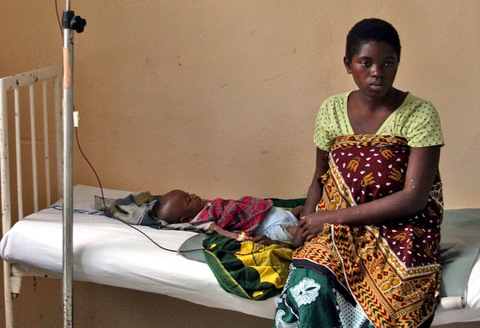
Drug Prophylaxis
Prophylaxis may be casual, viz, prevention of the pre-erythrocytic forms or suppressive, viz, suppressing further development of the parasite after it has entered the erythrocyte. Sporozoites are not susceptible to any drugs once they have entered the host. Proguanil and pyrimethamine whoch are metabolic folate antagonists are capable of destroying the pre-erythrocytic stage of the parasite in the liver and hence act as causal prophylactics. Being weakly schizonticidal, partial immunes. These drugs also act on the gametocytes, preventing their further development in the mosquito’s stomach, thereby they inhibit transmission. Plasmodium falciparum has developed resistance to these drugs also in many areas and therefore in such regions, alternate drugs should be used.
Schizonticidal drugs given in smaller dosages will suppress malaria. The dosages are:
Chloroquine: 250 mg twice a week
Proguanile: 100 mg/day
Pyrimethamine: 25 mg/week
Amodiaquine: 40 mg/day
Where chloroquine resistance is prevalent, Fansidar 1 tab given weekly is being increasingly used. The suppressive drug should be started 2 weeks before entry into the endemic region and continued for a month after leaving the area to avoid breakthrough attacks.
Malaria Vaccine: Attempts are going on in several laboratories all over the world to develop a vaccine suitable for immunizing susceptible population. Though, partial success has been claimed, no vaccine has been perfected so far.
© 2014 Funom Theophilus Makama


